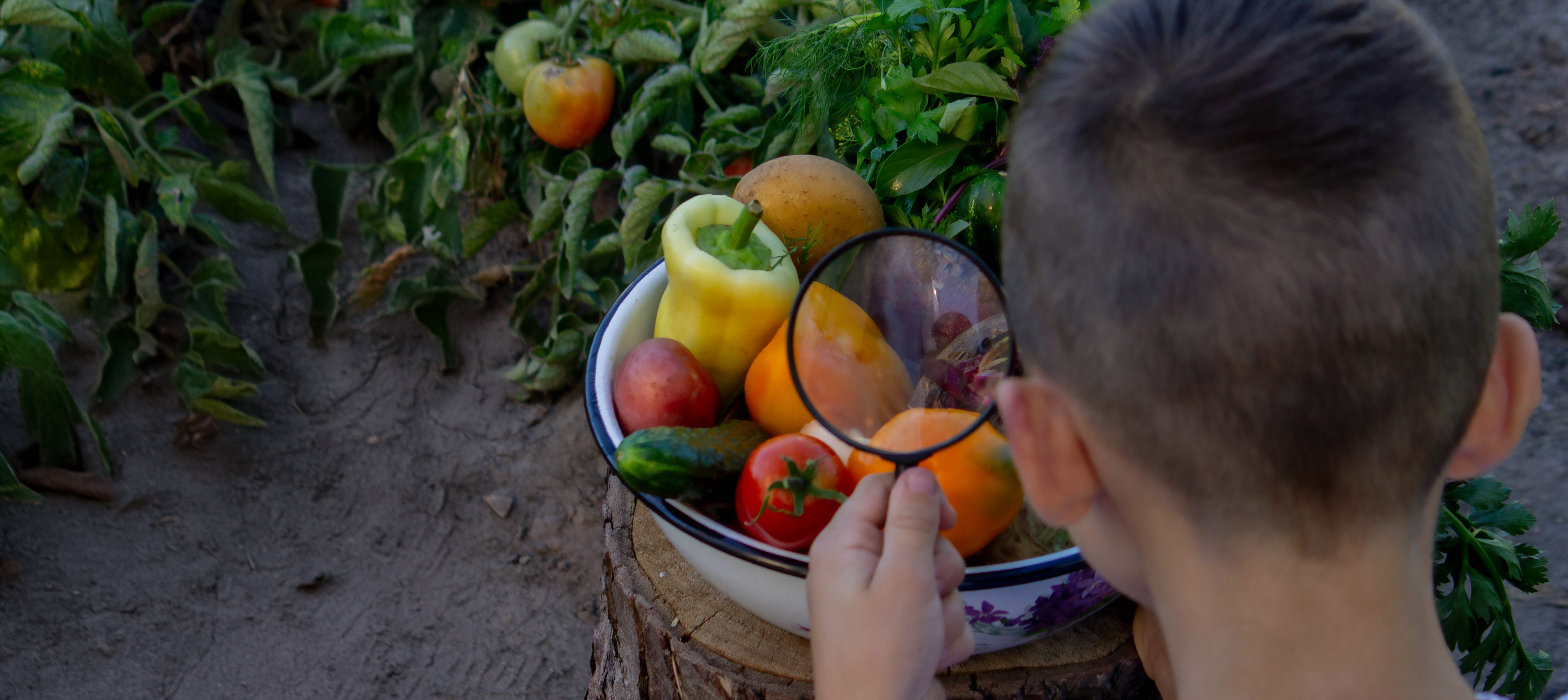Sustainable Agriculture: How Different Countries are Tackling Food Security

Sustainable agriculture is gaining importance as threats like climate change and population surpluses arise, thus being a point of destress for our traditional farming methods. The world is moving towards global food security as a priority and has some creative ideas to ensure that all people get safe, nutritious, and sufficient food. In this blog, we discuss how various countries are tackling these issues and transforming their agriculture toward a more sustainable aim.
But what is sustainable agriculture? It is not simply another fad or trend; it is essential. The global population would reach 10 billion almost by 2050 and hence would create an unprecedented strain on food supply. Added to this is the worrying issue of climate change which has its own challenges that can affect food output through extreme weather conditions and changing growing seasons. So it is important to look at other nations that are dealing with food security challenges and learn from their experiences.
Let's now move on to the Netherlands, a relatively small yet significant agricultural nation. The Netherlands, with its tiny land area, is the second largest agricultural exporter after the United States. What is the catch? It’s all about high-tech agriculture, more specifically vertical farming and greenhouse cultivation. These methods ensure that crops are produced all year round with minimal water and carbon footprints. And yes, Dutch farmers also practice precision agriculture and use sensors and data analytics to maximize yields and minimize wastage. This method is extremely important in ensuring food security and serves as a model for many other countries with land scarcity in agriculture.
Now moving to India, we have a totally different but equally interesting case study. With a population of over one billion people, food insecurity remains a huge issue in India. But some attempts have been made in the country towards sustainable development with the promotion of organic farming and agroecological ways. The government started the program to make farmers change chemical fertilizers and pesticides opting for natural fertilizers that support soil and plants. As many small-scale farmers are given the tools and education necessary to produce sustainably, India is not only solving the issue of food security but is also improving the economic wellbeing of its rural people.
In Africa, the specific problems are different, but they still remain urgent. Countries like Kenya are integrating sustainable agricultural practices in their fight against climate-induced food insecurity. The Kenyan government with support from several NGOs has been pushing for climate change adaptation strategies such as crops diversification, conservation agriculture, and improved irrigation techniques. These strategies assist farmers to be more productive while coping with the adverse impacts of climate change. Additionally, community-centered initiatives are crucial in teaching farmers sustainable practices and provide knowledge that can be passed on to other generations.
Looking at South America, there is something interesting about the Brazilian case regarding the struggle for food security. In Brazil, the government has been active in sustaining such practices through its Zero Deforestation Policy that seeks to conserve the Amazon while making sure agriculture is productive. Brazil is aspiring to boost food production without harming its rich eco-regions by practicing sustainable uses of land and promoting family farms. Also, modern technologies in agriculture such as drones for crop health assessment have significantly contributed to productivity and sustainability.
After the COVID-19 pandemic laid bare the weaknesses of the global food supply chain, the pursuit of sustainable agriculture appeared to be a panacea in the United States. This is on the backdrop of regenerative farming practices which are becoming a norm these days. Such practices, besides minimizing the application of agrochemicals, also stress on the need for healthy soils, crop rotations and diverse ecosystems. It follows that more and more farmers choose to produce food and restore ecosystems at the same time. They also support the development of a more sustainable food system since they reduce the carbon produced due to long-distance transportation of food products.
Nonetheless, apart from such country-specific strategies, international partnerships provide an essential means of encouraging sustainable agriculture around the world. Different organizations and coalitions are trying to find a way of sharing knowledge, technology, and research in order to assist nations in agricultural development that is sustainable. Introduction of initiatives such as the United Nations’ Food Systems Summit can also help in this regard, as they provide a platform for countries to come together and work on enhancing food security in a sustainable manner.
When looking at different practices of sustainable agriculture, it’s obvious that there is no universal solution. Every nation has its exclusive problems and opportunities but for all of them, there is one ultimate aim: to provide food in quantity and quality to all today and tomorrow. There is potential in cooperation and in learning new methods of doing things, so let us work together and create an agricultural model that will modernize civilization and be beneficial to mankind and the environment.
All in all, one should recognize that sustainable agriculture is not just about how food is grown; it is how the communities, the environment, and the society in general, can be fed. Countries around the world work on food security, and their work will change how agriculture will look in the future. It can be a complicated road to traverse but the end goal of a sustainable and secure food system is a fight worth taking.